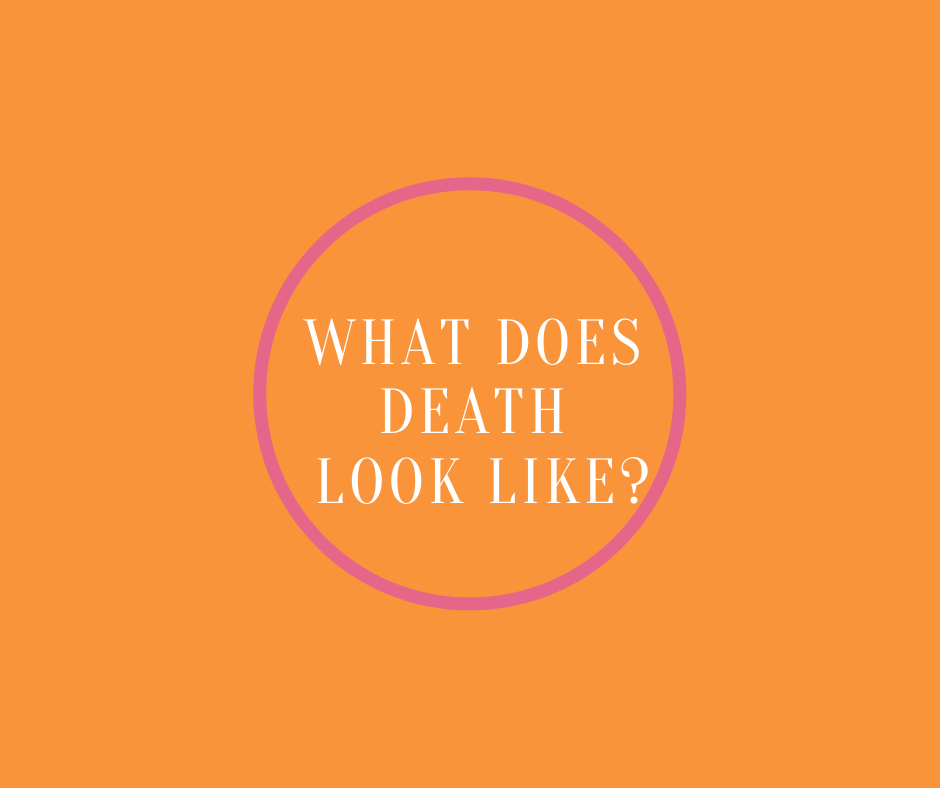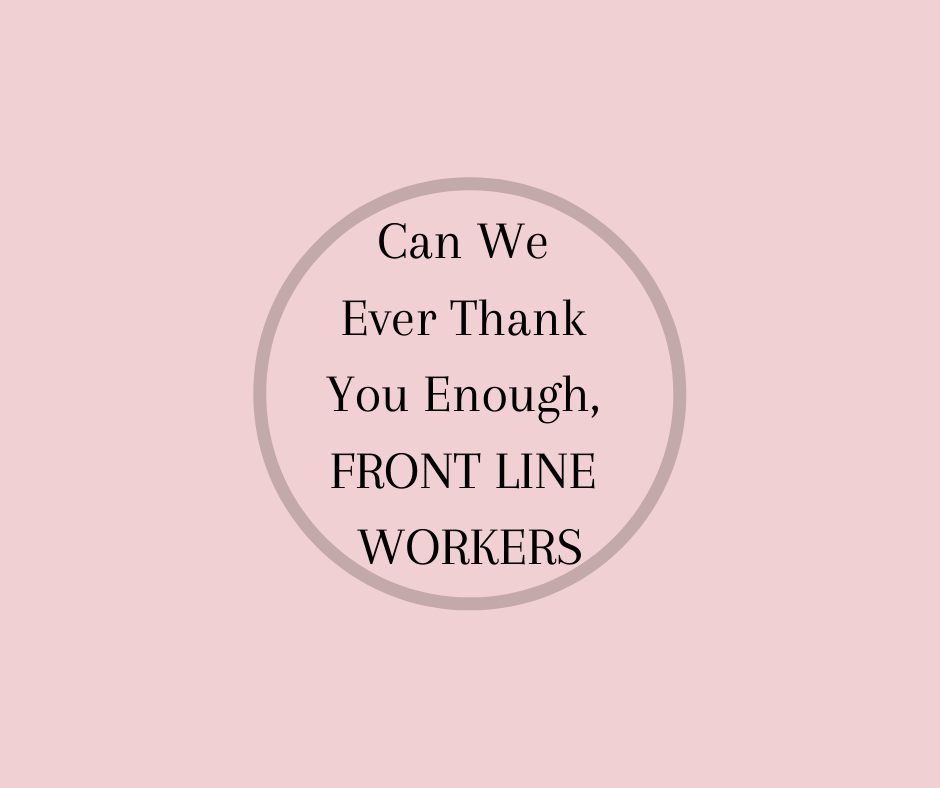Hospices seem to be struggling with how to provide services now that being in homes and facilities is not an option. When we cannot rely on routines, when there is no normal anymore, we have to begin thinking of new ways to provide service. We have to start thinking outside the box. We have to create new ways of providing care, new ways of getting education to our families.
Here are some “outside the box" ideas:
Use your volunteers: they have been through hospice training. They have supportive skills, conversation skills, end of life knowledge. Use them. Assign each family a volunteer. The volunteer’s job is to be a friend, a constant, during this time of isolation. Using the phone, the volunteer calls daily, morning and evening if death is close. Just checking in and reporting to the nurse if there is anything unusual or death is getting closer. That volunteer remains in contact with the family following the death as part of bereavement support.
The volunteer can tell the family they are going to drop off (on the porch, in the door, not come in, just ring the bell or knock and leave) copies of Gone from My Sight and The Eleventh Hour. No physical contact is necessary to get the needed information into the hands of the family. Once the family has the booklets they now have a guide for how their loved one is progressing in the dying process. The nurse, via a phone “visit” uses the booklets as a teaching tool. “Tell me where you think Dad is in relation to the booklet?” Let’s look at page 8. Have you seen this?” The Eleventh Hour will give families guidance in what they can do during the days to hours before death.
All of our materials are also available electronically, books as ebooks can be read on everyone's devices and our films on Vimeo can be watched from inside the patient/family home without needing a nurse to physically bring over the DVD to watch with the family. Families can rent the film themselves or agencies can call our office first for a discount code to charge the family's rental to the agency. The simplest way to get our booklets that you already have in your offices to families during this time of social distancing and limited in person visits, is to put them in your initial packets with all the paperwork that is required to bring a family on service. That initial contact person is given the booklets when signatures and information is exchanged.
The most important function of these booklets during this time of social distancing is that they become the touchstone of guidance. The family can physically track their loved one’s progress toward death while having phone contact with nurses, social workers, chaplains AND a daily contact with a volunteer.
Having someone you care about approaching the end of their life is frightening and unsettling in the best of times. Now, during this pandemic, daily support and guidance is vital. Our job, in hospice, is to neutralize the fear surrounding dying and death. We now have to figure out new ways of doing that.








4 comments
barbara
Hi Julie, WOW! I had not heard hospices were letting social workers go. Social workers are a valuable, and I agree, under used, component of end of life care. Lots of emphasis on nurse’s role when actually dying is not a medical event. It is a social, communal event hence the important role of social worker. I suggest social workers call weekly and continue with a bereavement relationship of frequent calls. Thank you for reaching out to me. Blessings to you in the work you are doing. Barbara
Hi Julie, WOW! I had not heard hospices were letting social workers go. Social workers are a valuable, and I agree, under used, component of end of life care. Lots of emphasis on nurse’s role when actually dying is not a medical event. It is a social, communal event hence the important role of social worker. I suggest social workers call weekly and continue with a bereavement relationship of frequent calls. Thank you for reaching out to me. Blessings to you in the work you are doing. Barbara
Julie R
Hi Barbara,
Instead of volunteers, I would encourage the hospice social worker. Many of us are being let go as we are not making in person visits.
We need a strong voice for us as we are professionals and are being underutilized and losing our jobs!
Hi Barbara,
Instead of volunteers, I would encourage the hospice social worker. Many of us are being let go as we are not making in person visits.
We need a strong voice for us as we are professionals and are being underutilized and losing our jobs!
barbara
Hi Nancy, Great question about families not wanting to talk about dying. I’ve always considered it my job to educate and prepare the family for the approaching death of their loved one (or not loved one). That is why I am there, so here is how I have dealt with them——“ I know you are uncomfortable talking about mom’s approaching death. The reason I am here is to guide and support you and your family during this time of your mom’s dying. Let’s have a conversation. You tell me why you don’t want me to talk about this and then I’ll tell you why I think you need to hear what I have to tell you". When it is my turn I talk about opportunities to care, to show love, to be prepared by acknowledging that mom’s death will happen. I give them Gone From My Sight and The Eleventh Hour as reading assignment. “Do you see mom anywhere in Gone From My Sight? Every time I visit I am not going to talk about dying but I am going to be looking to support you, guide you and provide care for your mom. I don’t lie. You can trust me to have you and your mom’s best interest always in the for front”.
Our job as an end of life specialist is to address the elephant in the room, to be direct and honest in the gentlest way possible. We are not doing our job, and doing a great disservice to the family if we don’t talk about mom’s approaching death, educate and at least try to prepare the family. What’s the worst thing that can happen—the family can discontinue hospice services, try to find another hospice that will let them play their denial game BUT you, as a hospice professional, will have your integrity, you will know that you tried to do your job.
Hi Nancy, Great question about families not wanting to talk about dying. I’ve always considered it my job to educate and prepare the family for the approaching death of their loved one (or not loved one). That is why I am there, so here is how I have dealt with them——“ I know you are uncomfortable talking about mom’s approaching death. The reason I am here is to guide and support you and your family during this time of your mom’s dying. Let’s have a conversation. You tell me why you don’t want me to talk about this and then I’ll tell you why I think you need to hear what I have to tell you". When it is my turn I talk about opportunities to care, to show love, to be prepared by acknowledging that mom’s death will happen. I give them Gone From My Sight and The Eleventh Hour as reading assignment. “Do you see mom anywhere in Gone From My Sight? Every time I visit I am not going to talk about dying but I am going to be looking to support you, guide you and provide care for your mom. I don’t lie. You can trust me to have you and your mom’s best interest always in the for front”.
Our job as an end of life specialist is to address the elephant in the room, to be direct and honest in the gentlest way possible. We are not doing our job, and doing a great disservice to the family if we don’t talk about mom’s approaching death, educate and at least try to prepare the family. What’s the worst thing that can happen—the family can discontinue hospice services, try to find another hospice that will let them play their denial game BUT you, as a hospice professional, will have your integrity, you will know that you tried to do your job.
Nancy Rieber
I have worked as a hospice RN for the past 7 years. I have experienced some family members not wanting to discuss the dying process. They have become angry when it is brought up. How should the nurse proceed in that environment?
I have worked as a hospice RN for the past 7 years. I have experienced some family members not wanting to discuss the dying process. They have become angry when it is brought up. How should the nurse proceed in that environment?